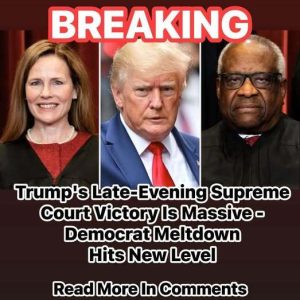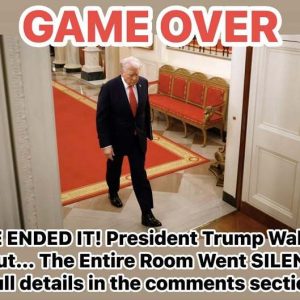A rare public dispute has emerged within the Republican Party after Vice President JD Vance openly criticized Senate Minority Leader Mitch McConnell for opposing President Donald Trump’s nominee for Undersecretary of Defense for Policy, Elbridge Colby. The confirmation vote ultimately passed 54–45, largely along party lines, with McConnell as the lone Republican dissenting. Colby, co-founder of The Marathon Initiative and former Deputy Assistant Secretary of Defense for Strategy, is known for advocating a focus on countering China, strengthening America’s industrial base, and prioritizing national self-reliance in defense. McConnell’s opposition stemmed from concerns that Colby’s worldview could undermine longstanding U.S. alliances and international partnerships, framing the conflict as a broader clash over the country’s foreign policy direction.
Vance responded swiftly on X (formerly Twitter), condemning McConnell’s stance as “political pettiness” and defending both Colby and Trump. The exchange quickly drew attention across social media and conservative circles, highlighting a growing ideological divide within the GOP. Supporters of Colby framed McConnell’s dissent as evidence of an entrenched party establishment resisting Trump’s “America First” vision. The disagreement underscores contrasting Republican philosophies: Vance and Trump favor economic nationalism, military self-sufficiency, and a recalibration of foreign engagements, whereas McConnell emphasizes NATO, global alliances, and maintaining America’s traditional international leadership.
Despite internal tensions, Colby’s nomination was successful, earning broad Republican support and even some Democratic backing. Trump celebrated the confirmation on Truth Social, describing Colby as “a brilliant mind and a true patriot” who would restore U.S. military dominance. Colby himself remained measured, expressing gratitude for the support and readiness to serve in his new role. His approach and expertise are expected to influence U.S. defense policy with a strong focus on China and domestic strategic capabilities.
This episode signals a generational and ideological shift within the Republican Party, strengthening the influence of leaders aligned with Trump’s populist, nationalist wing while highlighting the diminishing sway of establishment figures like McConnell. Analysts suggest that the confrontation marks a pivotal moment in GOP foreign policy debates, with the party increasingly divided between traditional globalist strategies and an emerging nationalist vision that prioritizes U.S. self-interest, industrial strength, and military autonomy.



